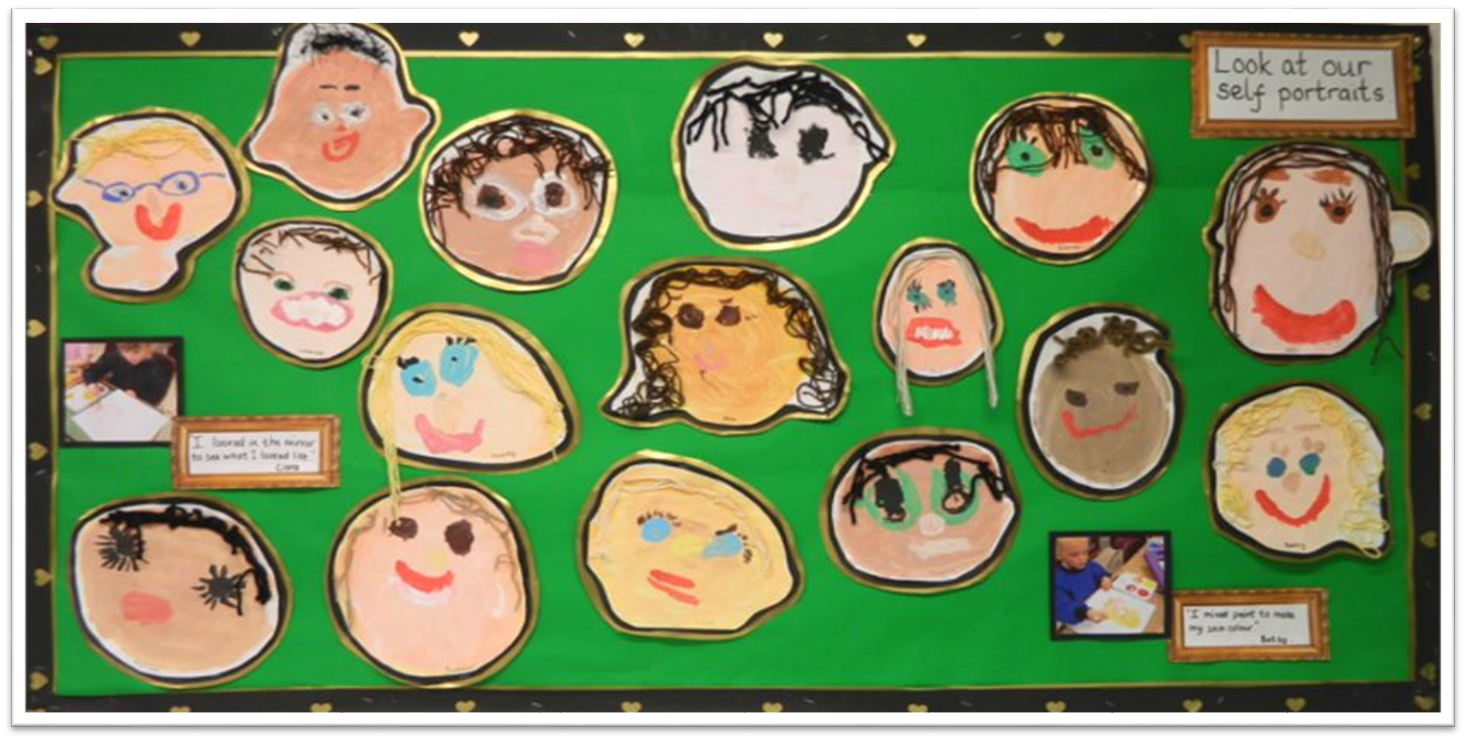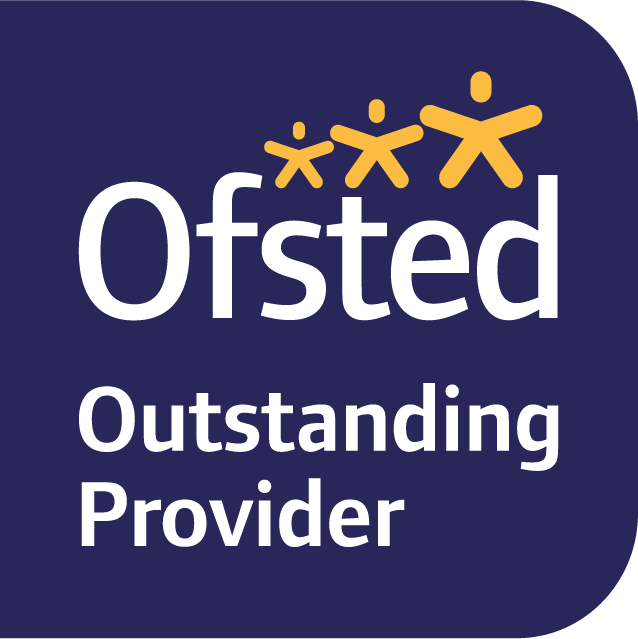EYFS
Early Years Foundation Stage (Reception Year)
Our vision and values underpin all that we do at St. Dunstan’s School, and we ensure that through our teaching, learning and provision, every child is given the best possible beginning to their education in order to make great strides in their learning. We have a ‘limitless minds’ approach to our learning in Reception and strongly believe that all children have the potential to achieve well when provided with rich learning opportunities, experiences, pastoral care and guidance. We challenge our children and ourselves to be the best we can be in a safe, creative, rich and purposeful environment. In real terms, our Reception Department is the roots of all further learning in our school.

Overarching principles
Every child is recognised as a unique individual. We celebrate and welcome differences within our diverse school community and are fully inclusive. We believe that we were all created in the image of God; all children will be loved and cherished equally.
The ability to learn is underpinned by the teaching of basic skills, knowledge, concepts and values with a vision to prepare the children for life beyond primary school. We constantly provide enrichment opportunities to engage learning. We believe that childhood should be a happy, investigative and enquiring time in our lives, where there are no limits to curiosity and there is a thirst for new experiences and knowledge.
Curriculum
The curriculum is planned to consider not only the content of the topic but the purpose for the children. Careful thought is given to the way a topic is introduced to engage and motivate pupils and allow for creativity. The curriculum coherence allows teachers to build on existing knowledge and skills and further challenge pupils as they progress in their learning journey. The curriculum in Reception forms the bedrock for the whole school curriculum.
No moment is wasted during the day; there are learning opportunities at every stage. For example, snack time is used to promote good manners, good hygiene, healthy food or a PSED focus of the week. It is a good ‘talking time’ where children can practise their language skills and socialise with others in a real life context.
The daily routine ensures that all children are given the opportunity to embed their learning, building upon their knowledge and skills daily. For example, every morning children come in, take a whiteboard, and practise the sound they have learnt the day before, or write their name, or later on in the year write a sentence about their weekend. Children know the routines and enjoy joining in.
Teaching in our Reception classes
provides a balance of child initiated and adult-led activities:
- Planned focused activities where staff work with a small group of children at a time. Teachers will differentiate the activity to meet the needs of every child participating.
- Small group teaching of early reading, writing and mathematics
- Whole class teaching for short periods of time such as collective worship, shared story time, direct teaching (for example of phonics or maths), songs and rhymes, discussions and sharing work.
- Opportunities for teachers to work alongside children as they develop their own interests in particular areas of the curriculum.
We are clear that our Reception year should not be a repeat of the children’s pre-school experiences in Nursery or earlier. We need to build on this and by the summer term, we are preparing the children for learning in Year 1 and beyond.


